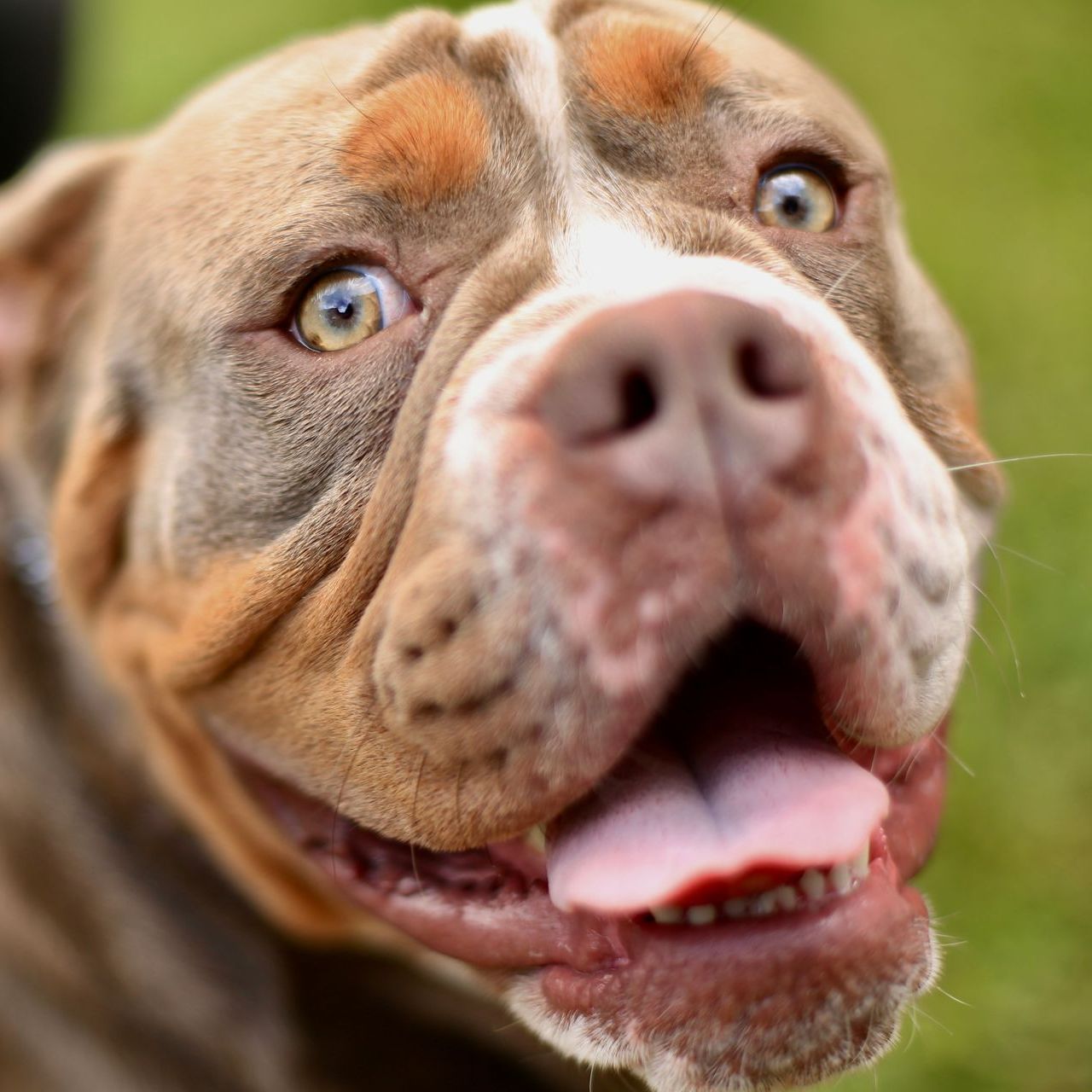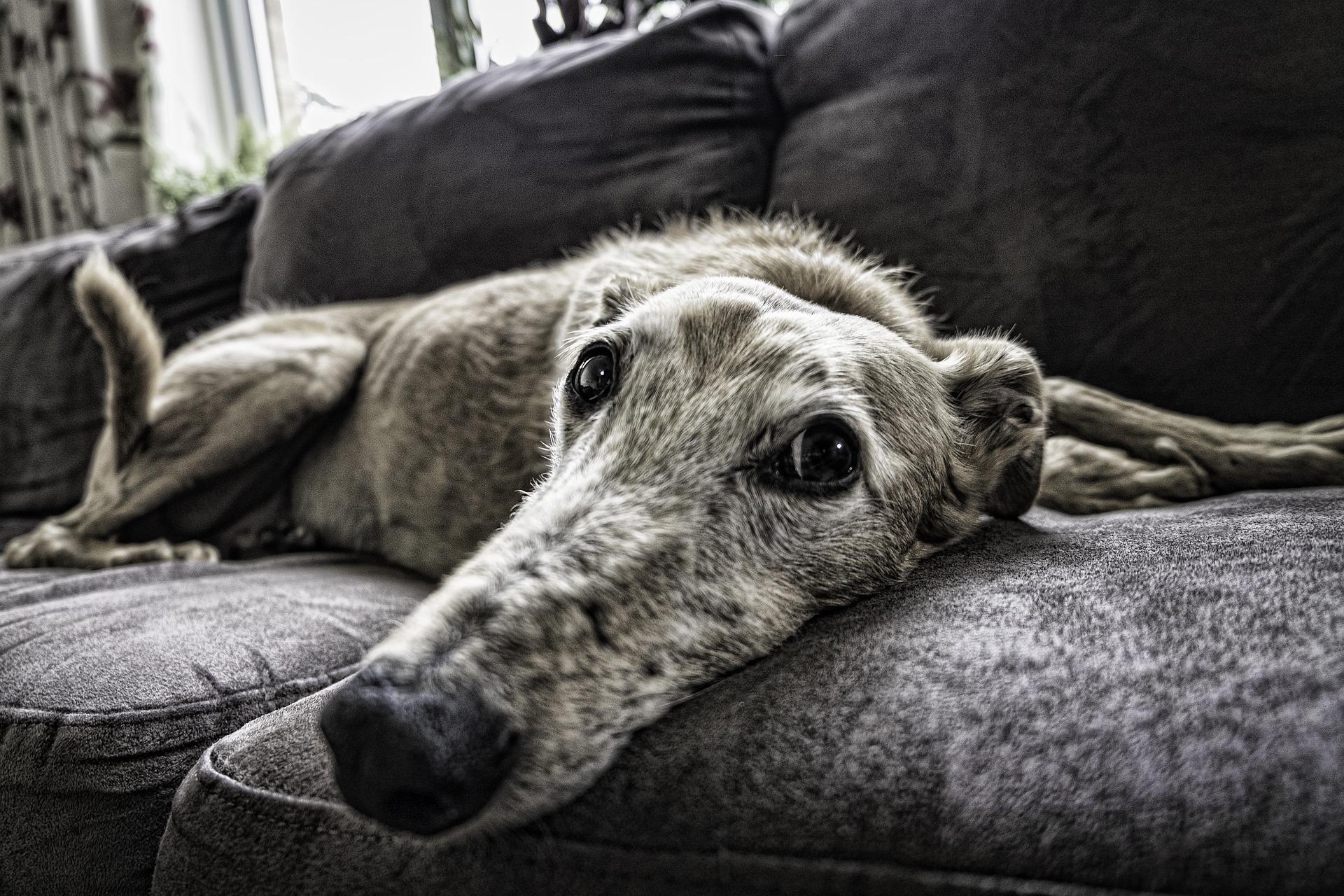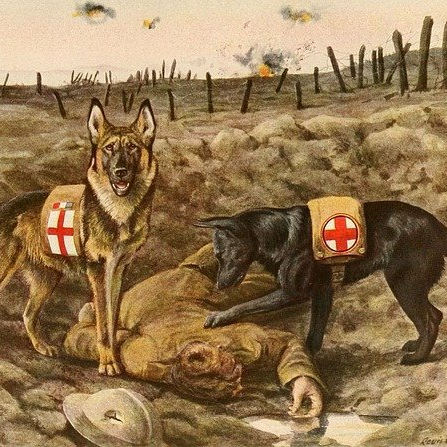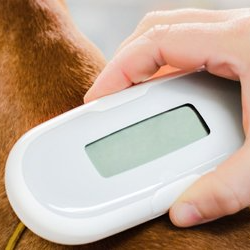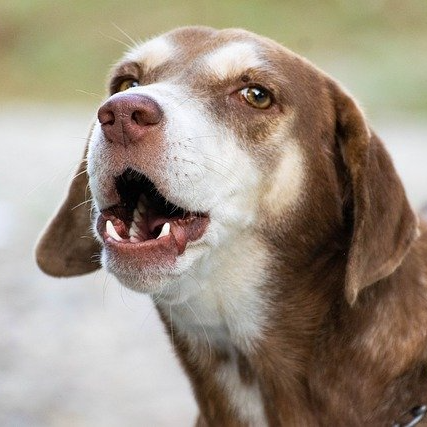
Visit Our Online Shop
Follow Us
Too Hot to Handle? How to manage heat stroke
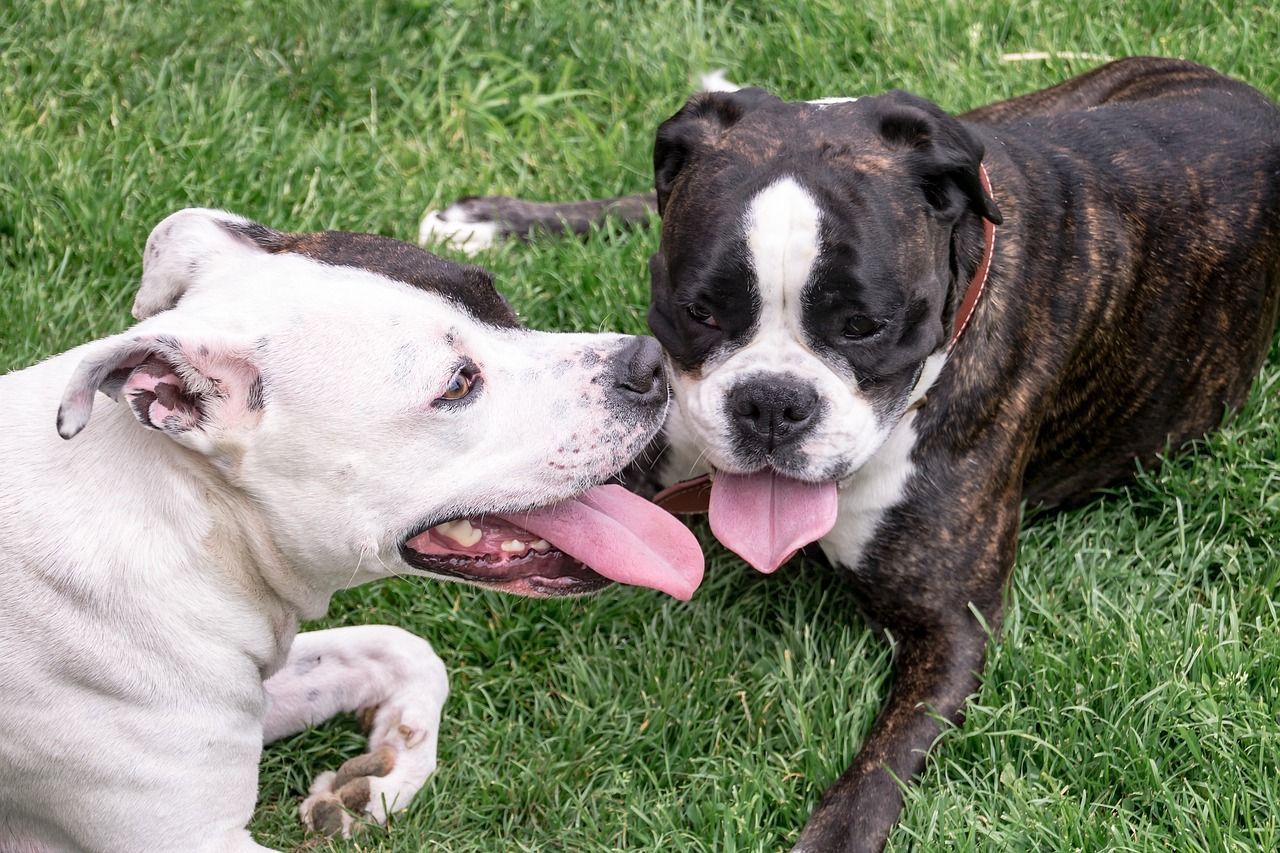
What is Heat Stroke?
Heat stroke is an illness that comes about from the body getting excessively hot. Normal core body temperature in dogs should be less than 38 degrees Celsius. Heat Stoke can come about when the core temperature increases above 40 degrees and we can see temperatures in excess of 42-45 degrees.
It is different from a high temperature due to illness and usually occurs when the ability to cool off is exceeded by an increase in heating.
What causes Heat Stroke?
There can be several factors involved in developing heat stroke. These can include:
- Increased ambient temperature. Such as hot summer days, being trapped in a hot car, sleeping in conservatory and thick hairy coats.
- Increased heat generation from exercise - such as ball chasing, or running.
- Reduced cooling ability - eg dehydration, respiratory disease that affects breathing/panting etc.
- Anatomy, as many short-nosed breeds (brachycephalics) are much less effective at cooling compared to longer-nosed breed dogs.
- Concurrent illnesses. Dogs with cardiac or respiratory disease and laryngeal disease are more likely to struggle to cool.
- Body weight - obese animals are far more likely to get heat stroke.
What are the symptoms of Heat Stroke?
In the early stage of heat stroke, you may see the following:
- Increased panting - often very strong deep breaths and marked effort.
- Drooling
- Fear/panic
- Lethargy
- Vomiting and/or Diarrhoea
As the heat stroke gets worse you may see:
- Collapse or unresponsiveness
- Seizures
- Death
What can you do if you suspect your pet has heat stroke?
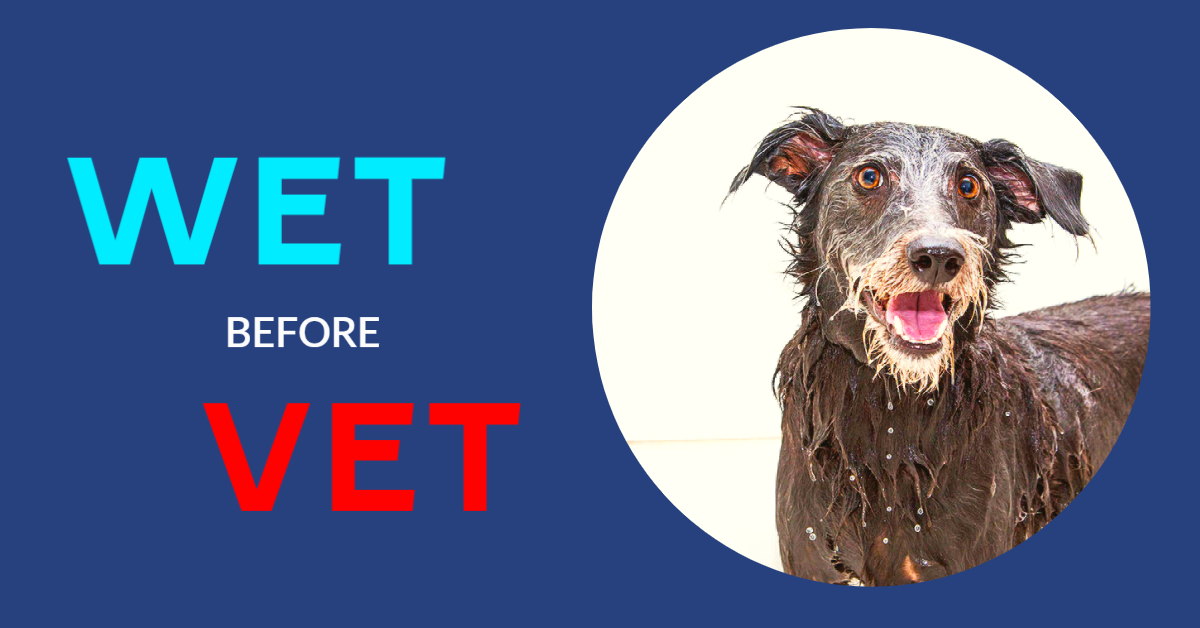
- Move your pet to a cooler/shaded area as soon as possible.
- Soak the animal with COLD water. Wash with water, ensure the coat is saturated and cover all areas - limbs, trunk and back of the head. Try to avoid the water going near their mouth or nose as they could inhale some.
- DO NOT COVER WITH WET TOWELS as this traps heat. You can sit/lie the dog on them but you must not cover.
- If possible, encourage the dog to drink COLD water. Little and often is better than single massive amounts.
- Air movement over the body will help - so you can use electric fans if available.
- Continue wetting the animal until they improve. This can be noted as:
- Reduced/cessation of panting.
- Moving around better and looking brighter.
- Looking settled and comfortable.
- Dogs that are losing consciousness will stop panting - make sure that these dogs are still aggressively and actively cooled and aren't confused for an improving animal.
- Only once your pet has cooled down, contact your nearest emergency vet as soon as possible.
There is a common myth on social media about rapid cooling being dangerous. THIS IS NOT TRUE. You should not delay cooling and you should not use warm/tepid water. RAPID and DRAMATIC COOLING BEFORE YOU TAKE YOUR PET TO THE VET gives your dog the best chance of recovery.
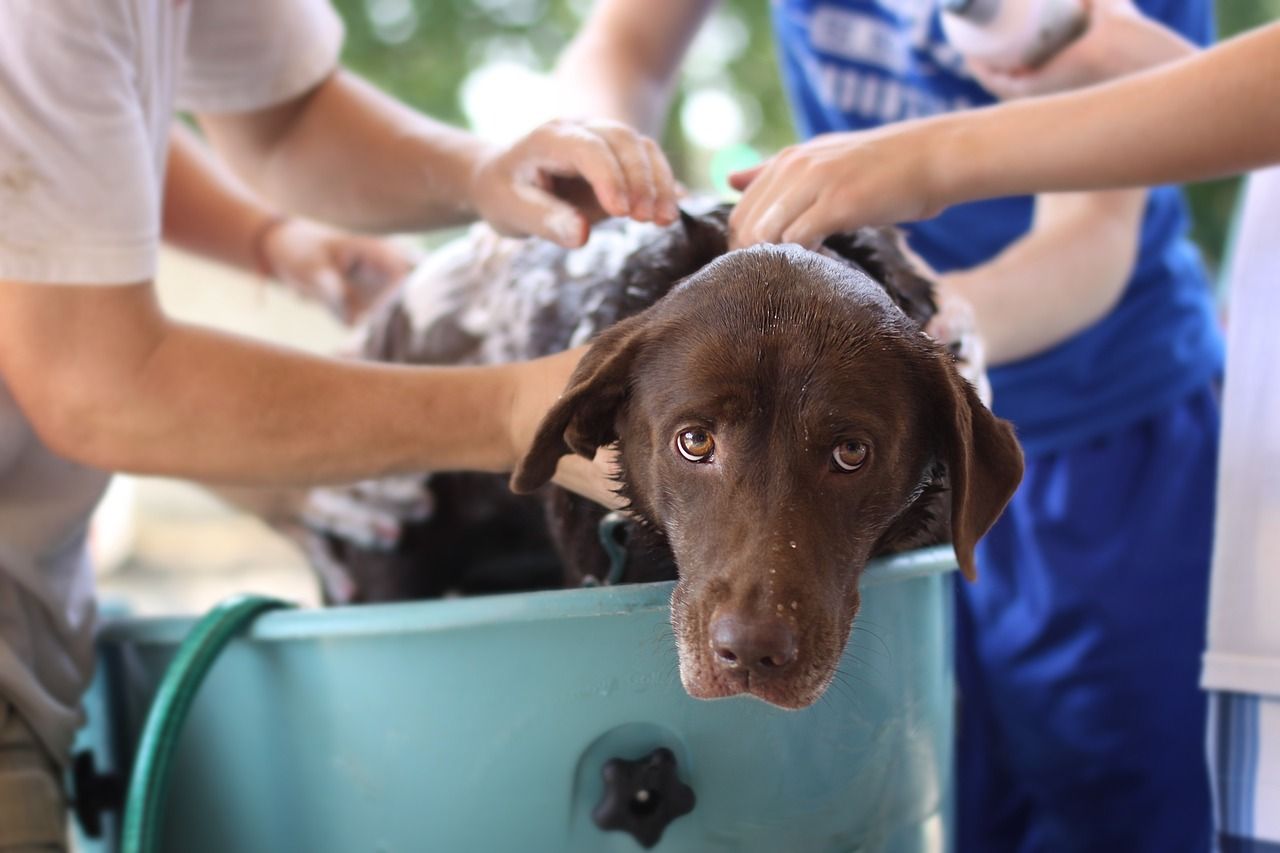
Prevention is better than cure.
The best way to manage heat stroke is to stop it happening in the first place. We suggest the following:
- Avoid walking or exercising your dog in hot weather. Even a short walk can catch people out. Remember - dogs don't die of NOT being walked!
- Obese dogs and brachycephalic dogs (flat-faced breeds) are MUCH more prone and so extra care should be taken.
- Take extra care if you pet has underlying cardiac or respiratory disease. This is particularly applicable to dogs with laryngeal paralysis.
- Do not leave dogs in cars for any period of time.
- Beware conservatories at home! We have had several animals that have had dogs trapped in these during the day and overheated. Make sure doors cannot blow shut etc.
- Avoid excessive exercise if the weather is warmer. Dogs will chase balls or run around and not realise they are overheating until it is too late.
- Think about using cool-mats or wet towels for dogs to lie on at home.
- Remember that fans won't work unless the pet's coat is wet. Dogs don't sweat like we do and so there is zero cooling effect on dry coats.
- Don't cover with towels - this may trap the heat.
- If in doubt - WET then VET.


Bilton Veterinary Centre
259 BIlton Road
Rugby
Warwickshire CV22 7EQ
Tel: 01788 812650
email: enquiries@biltonvets.co.uk
- Monday
- -
- Tuesday
- -
- Wednesday
- - -
- Thursday
- -
- Friday
- -
- Saturday
- -
- Sunday
- Closed

